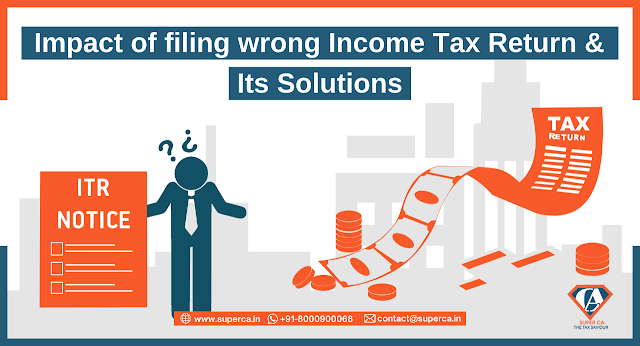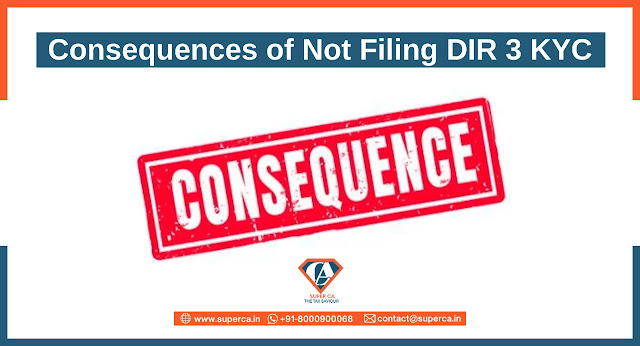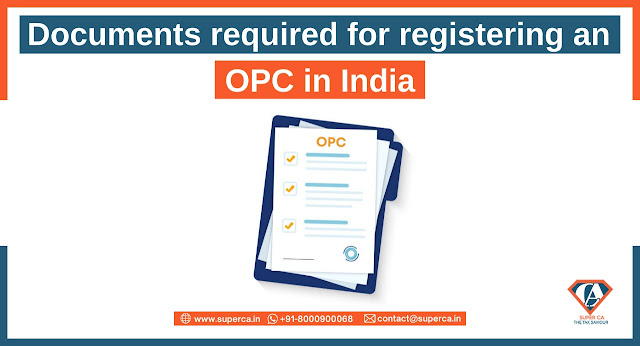Impact of filing wrong Income Tax Return And its Solutions

Income Tax Return (ITR) is a form which an individual is required to submit to the Income Tax Department of India. It contains information about the person’s income and the taxes to be paid on it during that particular year. ITR filing is mandatory for all those who have income above the basic exemption limit under the Income Tax Act, 1961 The details of income earned by an assessee in a financial year are communicated to the Income Tax Department by the ITR filing. But in many cases, taxpayers leave ITR filing to the fag end of the due date. There is no doubt that they can also get their ITR filing done at the last moment, but the probability of committing a mistake, missing out on entering an important figure related to income or deduction or even making an oversight while filing ITR may not be ruled out. One can even file the wrong ITR form instead of filing the right form based on the income source. While filing ITR, the taxpayers are required to choose the correct form. If I...





